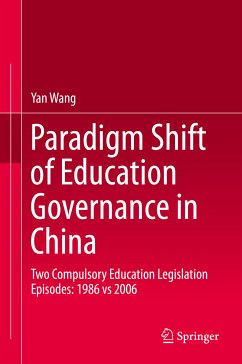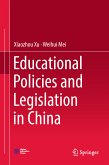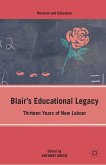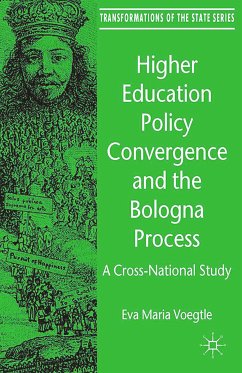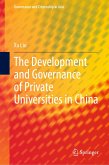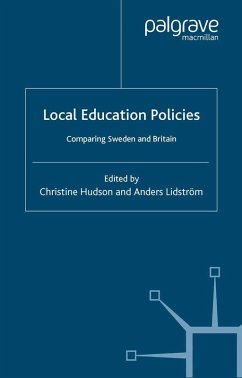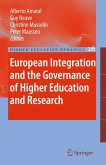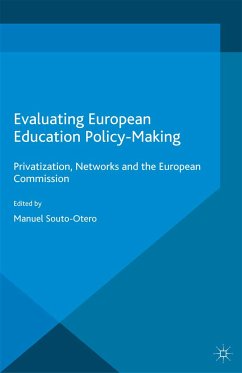The book addresses the paradigm shift in education governance in China through a study of two legislation episodes in China: the 1986 Compulsory Education Law and the 2006 Compulsory Education Law Amendment. The research began with two broad questions: how was the Compulsory Education Law made and amended? Why was it made and amended? Using ethnographic interviews and documentary analysis as the main research methods, more specific questions on both legislative processes were delved into as the research evolved: What were the driving forces behind the 1986 and 2006 legislation? What values of compulsory education were assumed in their central decisions? What was the institutional rationale underpinning them? Data was collected through ethnographic interviews with key informants involved in the policymaking process. The research findings were analyzed and presented on the basis of narration analysis. The policymaking process of the legislation was then analyzed from three paradigms: agenda-setting, decision-making and organizational behavior. Finally, by examining the results of the previous stages of analysis, and further comparing the two cases, the research arrived at a theoretical framework for education governance that embraces three essential elements: political ideology, perceived value of education, and institutional rationale. A thorough analysis of the two legislative processes identified that the political ideology ¿ which shifted from efficiency-oriented economic well-being to equity-oriented social cohesion ¿ steered the agenda-setting of the compulsory education legislation. The perceived value of education reflects the role that education plays in development, changing from economic value to social value. The institutional rationale essentially determines strategies by which compulsory education materializes, with a variance from governing by goal and mobilization to governing by accountability and regulation. In conclusion, education governance in China witnessed a paradigm shift from "economic instrumentalism" to "social rationalism" between mid-1980s and 2006.
Dieser Download kann aus rechtlichen Gründen nur mit Rechnungsadresse in A, B, BG, CY, CZ, D, DK, EW, E, FIN, F, GR, HR, H, IRL, I, LT, L, LR, M, NL, PL, P, R, S, SLO, SK ausgeliefert werden.

